Moringa Tea Benefits For Health, Nutrition, And Preparation
This beverage is your one-stop solution to manage depression and improve skin & hair health.
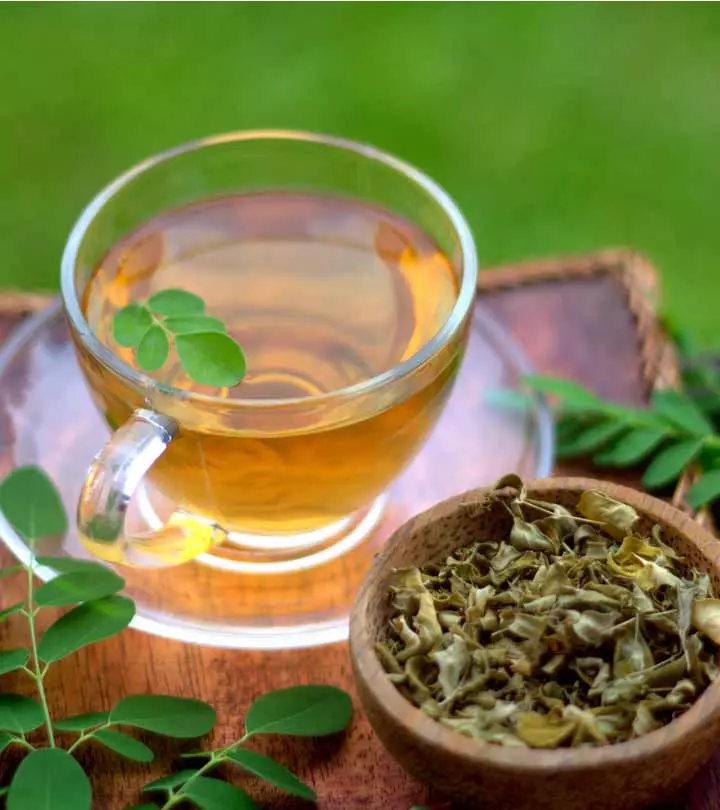
Image: Shutterstock
Moringa is considered a superfood, and the immense health benefits of moringa tea have made it a much-preferred beverage. It is made from the leaves of the indigenous Indian plant Moringa oleifera. It is commonly known as “drumstick tree” or “ben oil tree.” Some people also refer to the moringa tree as the “miracle tree” because of its many therapeutic effects (1). A simple way to reap the many health benefits of moringa is to consume its tea. This article explores the nutritional profile, any potential side effects, and the health benefits of moringa tea in detail. Keep reading.
 Know Your Ingredient: Moringa Tea
Know Your Ingredient: Moringa TeaWhat Is It?
A herbal tea made from ground or dehydrated moringa leaves that has a mild and earthy taste.
What Are Its Benefits?
It may help reduce high blood sugar levels, improve skin elasticity, and treat depression.
Who Can Consume It?
Anyone can consume it except people on diabetes, blood pressure, thyroid, and anticoagulant medications.
How Often?
You can consume 1–2 cups of moringa tea daily.
Caution
Avoid consuming moringa tea if you are breastfeeding. Excess consumption may cause heartburn, nausea, and diarrhea.
In This Article
Nutritional Facts
Moringa seed oil, moringa leaves, and roots are all rich in essential nutrients, vitamins, and minerals (2). Moringa is extremely low in fats and has no harmful cholesterol as well. Moringa leaves are packed with vitamin A, vitamin C, and B6, along with good amounts of essential amino acids, beta-carotene, and phytochemicals (3), (4). Also, it is a natural source of energy and promotes overall wellness.
The moringa leaves are traditionally sun-dried or oven-dried to preserve their nutritional benefits. Dehydrating the leaves to be used as dry leaf tea or powder has shown to increase its nutritional benefits as seen below (5).
| Nutrients (mg) | Fresh leaves | Dry leaves | Leaf powder |
| Calories (cal) | 92 | 329 | 205 |
| Protein | 6700 | 29400 | 27100 |
| Fat | 1700 | 1500 | 2300 |
| Carbohydrate | 12500 | 41200 | 38200 |
| Fiber | 900 | 12500 | 19200 |
| Vitamin B1 | 0.06 | 2.02 | 2.64 |
| Vitamin B2 | 0.05 | 21.3 | 20.5 |
| Vitamin B3 | 0.8 | 7.6 | 8.2 |
| Vitamin C | 220 | 15.8 | 17.3 |
| Vitamin E | 448 | 10.8 | 113 |
| Calcium | 440 | 2185 | 2003 |
| Magnesium | 42 | 448 | 368 |
| Phosphorus | 70 | 252 | 204 |
| Potassium | 259 | 1236 | 1324 |
| Copper | 0.07 | 0.49 | 0.57 |
| Iron | 0.85 | 25.6 | 28.2 |
| Sulfur | – | – | 870 |
In the powder form, moringa has (4):
- Proteins – 9 times more than yogurt
- Vitamin A – 10 times more than carrots
- Vitamin C – 50% more than oranges
- Potassium – 15 times more than bananas
- Calcium – 17 times more than milk
- Iron – 25 times more than spinach
 Fun Fact
Fun FactNow that we have seen how nutritious moringa tea can be, let’s also take a look at its potential health benefits.
Health Benefits Of Moringa Tea
1. Helps Combat Malnutrition

Many poor countries struggling with war, lack of clean drinking water, or cultivable soil, aren’t able to provide sufficient food and nutrition to the people. Children in such countries are prone to suffering from chronic malnutrition. Moringa leaves, packed with essential vitamins and minerals, might help combat hunger and help in adding nutritive value to their diet (5).
Moringa leaves are also very rich in iron and have been found to be helpful in treating anemia by increasing blood iron levels (6). The high amount of vitamin C also helps in increasing iron absorption in the body. This also makes moringa a significant source of nutrition in improving the health of malnourished kids.
In addition, anecdotal evidence suggests that the anti-inflammatory compounds in moringa tea may help soothe the stomach and improve digestion. However, more research is needed on this subject.
2. Rich In Antioxidants
Moringa leaves are packed with important antioxidants that help remove toxic free radicals from the body (7). A study in 90 postmenopausal women found that there was an increase in the blood anti-oxidant levels after a regular intake of 7g (1.5 teaspoons) moringa leaf powder for 3 months (8).
The antioxidant properties have also been known to be effective against neuron degeneration and dementia by reducing oxidative stressi A condition caused by an imbalance between the creation and buildup of oxygen radicals in cells and the ability to detoxify them. (9). Studies indicate that moringa leaves can delay the onset of Alzheimer’s diseasei A neurologic condition that progressively worsens, shrinks the brain, and kills brain cells, leading to confusion and memory loss. and help reduce its symptoms as well (10).
3. Helps Reduce High Blood Pressure And Blood Sugar Levels
Along with being rich in vitamin C and beta-carotene, moringa leaves contain two more important antioxidants, quercetin, and chlorogenic acid.
While quercetin has been found to reduce blood pressure in hypertensive rats, similar effects are yet to be investigated in humans (11), (12).
The chlorogenic acid, also found in coffee, on the other hand, might help regulate blood sugar levels (13), (14).
Moringa also contains polyphenols and bioactive compounds called isothiocyanates that help reduce cholesterol and blood sugar levels, keeping your blood pressure and glucose levels in check.
4. Might Protect Against Arsenic Toxicity

Arsenic contamination in food and water might lead to an increased risk of major health problems like cancer and heart disease (15), (16). Studies in mice and rats have found promising results in moringa leaves and seed extracts. They have been found to have counter-protective effects against arsenic contamination and toxicity (17). More research needs to be done to establish the same benefits for humans.
5. Helps Improve Your Skin And Hair Health
Moringa tea, rich in antioxidants, bioflavonoids, and vitamin C helps improve the health and appearance of your skin and hair. With its natural antimicrobial and anti-inflammatory properties, moringa helps fight acne and breakouts effectively (18). The antioxidants in the leaf extracts were also found to be effective against excess oil production in your skin during the winter months (19). It helps get rid of free radicals, boost collagen production, and improves skin elasticity diminishing wrinkles and fine lines (20), (21). With its abundance of antioxidants and vital nutrients, moringa leaves provide anti-aging benefits and add suppleness, elasticity, and shine to your skin and hair.
6. Might Help Treat Depression
Moringa tea helps alleviate symptoms of depression, anxiety, and fatigue by balancing the serotonin and dopamine levels, which are vital in mood regulations and pain perception (22). This herbal non-caffeinated tea contains tryptophan, which on consumption, converts to serotonin and melatonin (23), (24), (25). While serotonin acts as a mood stabilizer, melatonin helps regulate your sleep-wake cycle. Moringa leaf juice has also been effective in dealing with migraines and chronic headaches (26). All these together, help you calm down your nerves and improve your mood in general.
Petrena Schell, a YouTuber, shared her 30-day experience with moringa, emphasizing the various benefits she has observed. She also recounted a cautionary tale about taking it on an empty stomach and recommended consuming it with food to avoid stomach irritation. She didn’t notice immediate changes in the first weeks but experienced improved digestion, increased metabolism, and heightened energy levels as time progressed. She concluded by saying, “Every day that I use the moringa, I feel an elevation in my mood and my happiness, and you know that just feels really good. That’s really all I’ve noticed is taking the moringa, but for me, those are pretty amazing benefits, and I’m super happy with it (i).”
 Trivia
Trivia7. May Aid Weight Loss
Animal studies suggest that moringa leaves may have anti-obesity benefits (27). These effects may be due to the presence of ethanolic extract in the leaves, which may lead to a decreased food intake or improved absorption of fat in the intestine. However, since these studies are conducted on rats, it is still unclear if these benefits affect humans.
While no human studies have investigated the effects of moringa leaves alone on weight loss, there is a study conducted on a moringa-infused supplement LI85008F that also considers Murraya koenigii (curry leaves) and Curcuma longa (turmeric). This study concludes that supplementation may be a safe application for weight loss in individuals who are obese. It may also help them maintain healthy blood sugar levels and reduce the risk of type 2 diabetes (28).
However, like all other natural remedies, moringa tea has some side effects, too. Learn more about them below.
Side Effects Of Moringa Tea

While the bark and roots of the moringa plant have been found poisonous and unsafe for pregnant and lactating women, the leaves tend to have very few side effects (29), (30). You should always read the ingredients label carefully and follow the dosage instructions to make sure no other parts of the moringa plant have been included to avoid the potential side-effects listed below:
- If taken in large quantities, moringa leaves might exhibit laxative properties, leading to upset stomachs, diarrhea, nausea, and heartburn (31).
- If you don’t prefer the taste of moringa tea, consuming too much of it might trigger your gag reflex and cause nausea (32).
- Breastfeeding women should avoid moringa tea as there is not enough evidence to state that all its ingredients are safe for infants.
- Moringa leaves are known to contain alkaloids that help reduce the heart rate lowering the blood pressure effectively (33). While we have seen above how this benefits to keep your blood pressure in control, it might become dangerous when taken in combination with other medicines that lower blood pressure. You should thus consult your doctor prior to taking moringa tea as a natural remedy for hypertensioni High blood pressure levels, over 140/90, occurring when blood exerts too much force on the artery walls. (34).
- Moringa can potentially interact with certain medications for diabetes and thyroid as well. You should thus consult your doctor before including moringa tea in your diet if you are taking any such medications (35).
How To Make Moringa Tea
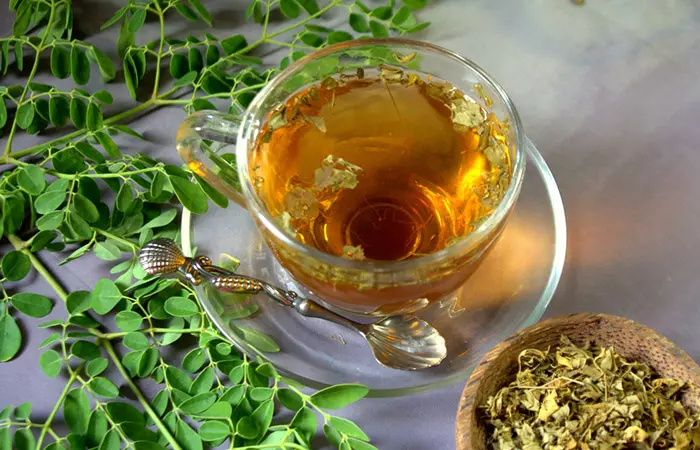
Moringa being pretty popular as a superfood, moringa tea powder is easily available in stores and online as well. You can simply boil the tea powder in filtered water and then sieve it to give you a cupful of bright green moringa tea.
Ingredients
- Water (to boil) – 10 oz (300ml)
- Moringa tea powder – 1 teaspoon
- Sweetener – honey/jaggery/agave (optional)
- Mint leaves/Lemon juice – as per preference
Instructions
- Bring the water to a rolling boil in a saucepan or kettle.
- Add the tea powder into the boiling water and simmer for some time.
- Switch off the heat and let it steep for 3 to 5 minutes.
- Add sweetener/mint leaves or lemon juice as per preference.
- Sieve if required.
- Pour into a cup and enjoy!
In case you are not sure about the quality of the packaged tea, you can also make moringa tea powder at home. You would need to get your hands on some fresh moringa leaves, wash them well and leave them to dry and dehydrate. Once dry, you can then grind them up to give you the fine moringa powder. Alternatively, you can also simply clean the fresh leaves and boil them in water for a couple of minutes to give you some freshly made moringa tea.
Moringa tea has an earthy flavor and nutty taste. Being naturally caffeine-free you can have it any time of the day. It also makes for a relaxing tea just before bed. You can also flavor it with honey, lime, or mint as per your preference to enhance its taste.
If you have any prior health conditions, you must consult your doctor or a professionally certified nutritionist/dietitian before adding moringa tea to your diet.
Is It Safe To Drink Moringa Tea Every Day?
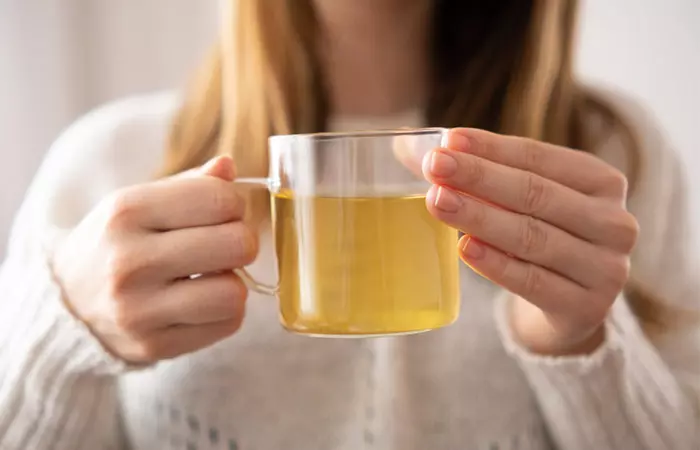
Moringa tea is an herbal, non-caffeinated tea with many natural benefits. Though there seems to be no evident harm in having the tea, you should not overdo it to prevent its potential side effects. While pregnant and lactating women should refrain from having moringa tea, others should try and get moringa tea that is organic, GMO-free, and preferably green in color (without any debris) that has cleared the microbial, and phytosanitary testing successfully.
Like for most supplements, the U.S. Food and Drug Administration (FDA) does not regulate any moringa plant supplements and has not yet approved any therapeutic use of any part of the moringa plant (36). More research needs to be done to establish the health benefits of moringa tea over and above its risks, to be able to have it without any concerns. It is thus advisable to consult your doctor before you begin to have moringa tea regularly.
Moringa tea, made from the moringa leaves, is highly nutritious and rich in antioxidants and flavonoids to provide us with multiple health benefits. While there has been a lot of recent research done on animals to support the above, further investigation and studies need to be done to establish a few more of those for humans. Meanwhile, you can cozy up with a warm cup of moringa tea to reap the natural benefits of this superfood every once in a while.
Frequently Asked Questions
How much moringa tea can you drink in a day?
Intake of 1 to 2 cups of moringa tea a day is recommended.
Can I drink moringa tea on an empty stomach?
Yes. Moringa tea has been used as a traditional herbal remedy to treat hyperglycemia. Having it early in the morning offers antioxidants to the body.
Can moringa reduce belly fat?
Daily supplementation of moringa may help reduce belly fat. However, limited research is available in this regard.
Is it good to drink moringa tea at night?
Yes. Moringa tea is a herbal beverage with zero caffeine content and many beneficial nutrients. Hence, it is good to drink moringa tea at night.
Key Takeaways
- Moringa tea is an herbal and non-caffeinated tea rich in antioxidants, fights malnutrition, and reduces high blood pressure and blood sugar levels.
- Pregnant and lactating women should avoid drinking it.
- Avoid taking a larger quantity of moringa tea as it may lead to upset stomachs, diarrhea, nausea, and heartburn.
Illustration: Moringa Tea Benefits For Health Nutrition And Preparation

Image: Stable Diffusion/StyleCraze Design Team
Moringa tea is a superfood packed with essential nutrients. Learn the benefits of consuming this herbal tea from the video below and get the most out of this amazing plant!
Personal Experience: Source
StyleCraze's articles are interwoven with authentic personal narratives that provide depth and resonance to our content. Below are the sources of the personal accounts referenced in this article.
i. I took moringa for 30 days | Benefits & Experiencehttps://www.youtube.com/watch?v=PmCY-0qPwuE
References
Articles on StyleCraze are backed by verified information from peer-reviewed and academic research papers, reputed organizations, research institutions, and medical associations to ensure accuracy and relevance. Read our editorial policy to learn more.
- Moringa Oleifera: A Food Plant With Multiple Medicinal Uses
https://pubmed.ncbi.nlm.nih.gov/17089328/ - Moringa Oleifera Is A Prominent Source Of Nutrients With Potential Health Benefits
https://pubmed.ncbi.nlm.nih.gov/34423026/ - Phytopharmaceuticals: Efficacy Safety And Regulation
https://www.sciencedirect.com/topics/nursing-and-health-professions/phytochemical - Moringa Oleifera: A Review On Nutritive Importance And Its Medicinal Application
https://www.sciencedirect.com/science/article/pii/S2213453016300362 - Effect Of Dehydration On The Nutritive Value Of Drumstick Leaves
https://www.researchgate.net/publication/268326957_Effect_of_dehydration_on_the_nutritive_value_of_drumstick_leaves - Anti-Anemia Effect Of Standardized Extract Of Moringa Oleifera Lamk. Leaves On Aniline Induced Rats
https://www.researchgate.net/publication/303975796_Anti-Anemia_Effect_of_Standardized_Extract_of_Moringa_Oleifera_Lamk_Leaves_on_Aniline_Induced_Rats - The In Vitro And Ex Vivo Antioxidant Properties Hypolipidaemic And Antiatherosclerotic Activities Of Water Extract Of Moringa Oleifera Lam. Leaves
https://pubmed.ncbi.nlm.nih.gov/18249514/ - Effect Of Supplementation Of Drumstick (Moringa Oleifera) And Amaranth (Amaranthus Tricolor) Leaves Powder On Antioxidant Profile And Oxidative Status Among Postmenopausal Women
https://link.springer.com/article/10.1007/s13197-012-0859-9 - Moringa Oleifera Mitigates Memory Impairment And Neurodegeneration In Animal Model Of Age-Related Dementia
https://www.ncbi.nlm.nih.gov/labs/pmc/articles/PMC3884855/ - Moringa Oleifera Alleviates Homocysteine-Induced Alzheimer\’s Disease-Like Pathology And Cognitive Impairments
https://pubmed.ncbi.nlm.nih.gov/29710724/#:~:text=and%20Cognitive%20Impairments- - Quercetin Reduces Blood Pressure In Hypertensive Subjects
https://pubmed.ncbi.nlm.nih.gov/17951477/ - Therapeutic Potential Of Quercetin To Decrease Blood Pressure: Review Of Efficacy And Mechanisms
https://pubmed.ncbi.nlm.nih.gov/22332099/ - Acute Effects Of Decaffeinated Coffee And The Major Coffee Components Chlorogenic Acid And Trigonelline On Glucose Tolerance
https://pubmed.ncbi.nlm.nih.gov/19324944/ - Roles Of Chlorogenic Acid On Regulating Glucose And Lipids Metabolism: A Review
https://www.ncbi.nlm.nih.gov/labs/pmc/articles/PMC3766985/ - Arsenic In The Aetiology Of Cancer
https://pubmed.ncbi.nlm.nih.gov/16574468/ - Arsenic Exposure And Cardiovascular Disease: An Updated Systematic Review
https://pubmed.ncbi.nlm.nih.gov/22968315/ - Protective Effects Of Moringa Oleifera Lam. Leaves Against Arsenic-Induced Toxicity In Mice
https://pubmed.ncbi.nlm.nih.gov/25183111/ - Antimicrobial Activity Of Moringa Leaf (Moringa Oleifera L.) Extract Against The Growth Of Staphylococcus Epidermidis
https://hcvalidate.perfdrive.com/fb803c746e9148689b3984a31fccd902//?ssa=79c3c99b-4265-4df3-b640-d9da6b9a01db&ssb=78920295513&ssc=https%3A%2F%2Fiopscience.iop.org%2Farticle%2F10.1088%2F1755-1315%2F343%2F1%2F012145%2Fmeta&ssi=104e9c31-8427-42cd-8603-83f70666d315&ssk=support@shieldsquare.com&ssm=33063845984999877101021826836586&ssn=2f8d5832590ee8c51b836be5a0c8d8165d8d064f6bb5-e4ad-4d60-8f67b7&sso=47a54249-578c2161a619a35e9db7f54f523f8f27bdebcc74bef8d3fa&ssp=92740864131695942768169595667382818&ssq=23751497546390571500375463915517177815812&ssr=MTA2LjIwNS45OS43MQ==&sst=Screaming%20Frog%20SEO%20Spider/18.5&ssu=&ssv=&ssw=&ssx=W10= - Effect Of Moringa Oleifera On Undesirable Skin Sebum Secretions Of Sebaceous Glands Observed During Winter Season In Humans
https://www.researchgate.net/publication/260210731_Effect_of_Moringa_oleifera_on_undesireble_skin_sebum_secretions_of_sebaceous_glands_observed_during_winter_season_in_humans - Antioxidant Activity And Total Phenolic Content Of Moringa Oleifera Leaves In Two Stages Of Maturity
https://pubmed.ncbi.nlm.nih.gov/19904611/ - Enhancement Of Human Skin Facial Revitalization By Moringa Leaf Extract Cream
https://www.ncbi.nlm.nih.gov/labs/pmc/articles/PMC4112252/ - Evaluation Of The Antidepressant Activity Of Moringa Oleifera Alone And In Combination With Fluoxetine
https://www.ncbi.nlm.nih.gov/labs/pmc/articles/PMC4719488/ - Amino Acid And Mineral Composition Of Moringa Oleivera Leaves Extract And Its Bioactivity As Antioxidant
https://iopscience.iop.org/article/10.1088/1742-6596/1317/1/012030 - Evaluation Of L-Tryptophan For Treatment Of Insomnia: A Review
https://link.springer.com/article/10.1007/BF00175180 - Conversion L-Tryptophan To Melatonin In The Gastrointestinal Tract: The New High-Performance Liquid Chromatography Method Enabling Simultaneous Determination Of Six Metabolites Of L-Tryptophan By Native Fluorescence And Uv-Vis Detection
https://pubmed.ncbi.nlm.nih.gov/23388477/ - Antimigraine Activity Study Of Moringa Oleifera Leaf Juice
https://www.researchgate.net/publication/276018373_Antimigraine_activity_study_of_Moringa_oleifera_leaf_juice - Moringa peregrina leaf extracts produce anti-obesity, hypoglycemic, anti-hyperlipidemic, and hepatoprotective effects on high-fat diet-fed rats
https://www.ncbi.nlm.nih.gov/pmc/articles/PMC8176035/ - Efficacy and tolerability of a novel herbal formulation for weight management in obese subjects: a randomized double-blind placebo-controlled clinical study
https://pubmed.ncbi.nlm.nih.gov/22995673/ - Powder Microscopy Of Bark–Poison Used For Abortion: Moringa Pterygosperma Gaertn
https://pubmed.ncbi.nlm.nih.gov/12262404/ - Review Of The Safety And Efficacy Of Moringa Oleifera
https://pubmed.ncbi.nlm.nih.gov/25808883/ - Laxative Metabolites From The Leaves Of Moringa Oleifera
https://pubmed.ncbi.nlm.nih.gov/32631058/ - A Review Of Properties Nutritional And Pharmaceutical Applications Of Moringa Oleifera: Integrative Approach On Conventional And Traditional Asian Medicine
https://www.ncbi.nlm.nih.gov/labs/pmc/articles/PMC7430547/ - Antihypertensive Activity Of The Total Alkaloids From The Leaves Of Moringa Oleifera
https://www.researchgate.net/publication/232049021_Antihypertensive_Activity_of_the_Total_Alkaloids_from_the_Leaves_of_Moringa_oleifera - Effect Of Moringa Oliefera Leaves On Blood Pressure In Hypertensive Patients
https://www.researchgate.net/publication/335321346_Effect_of_Moringa_oliefera_leaves_on_blood_pressure_in_hypertensive_patients - Isolation Synthesis And Drug Interaction Potential Of Secondary Metabolites Derived From The Leaves Of Miracle Tree (Moringa Oleifera) Against Cyp3a4 And Cyp2d6 Isozymes
https://www.researchgate.net/publication/334173999_Isolation_Synthesis_and_Drug_Interaction_Potential_of_Secondary_Metabolites_Derived_from_the_Leaves_of_Miracle_Tree_Moringa_oleifera_against_CYP3A4_and_CYP2D6_Isozymes - FDA Advisory No. 2020-1285 || Public Health Warning Against the Purchase and Consumption of the following Unregistered Food Products and Food Supplements
https://www.fda.gov.ph/fda-advisory-no-2020-1285-public-health-warning-against-the-purchase-and-consumption-of-the-following-unregistered-food-products-and-food-supplements/
Read full bio of Dr Archana Batra
Read full bio of Ravi Teja Tadimalla
Read full bio of Payal Karnik





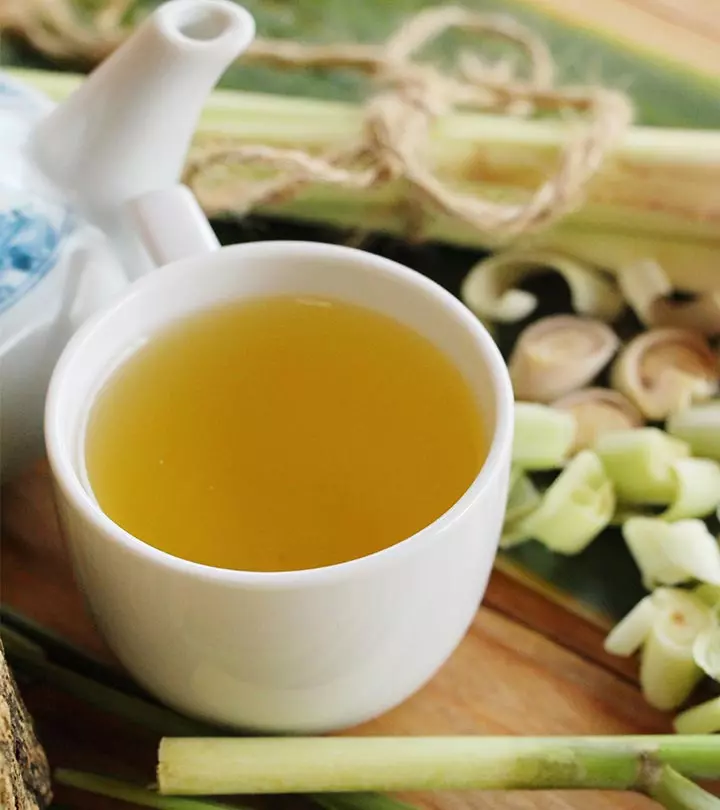
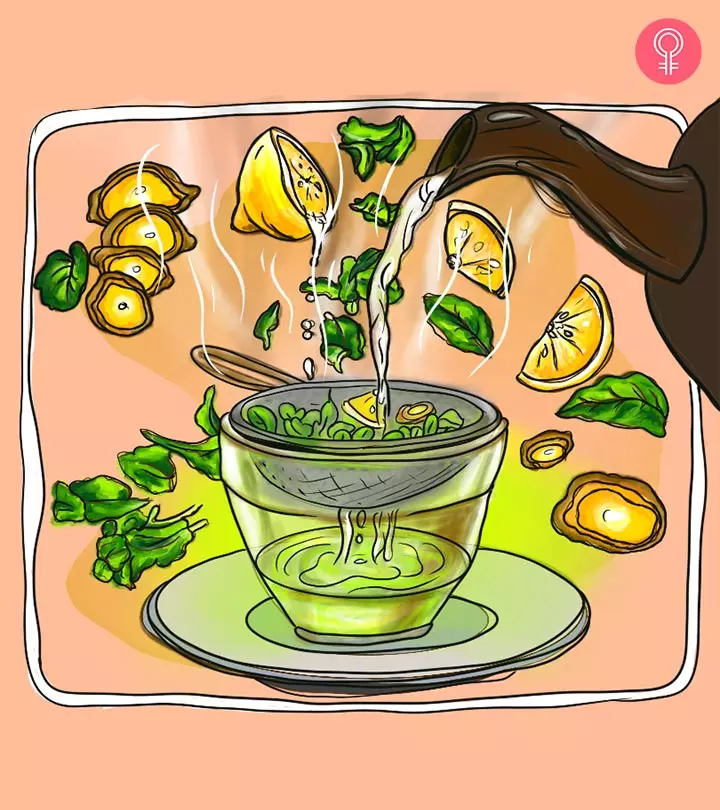
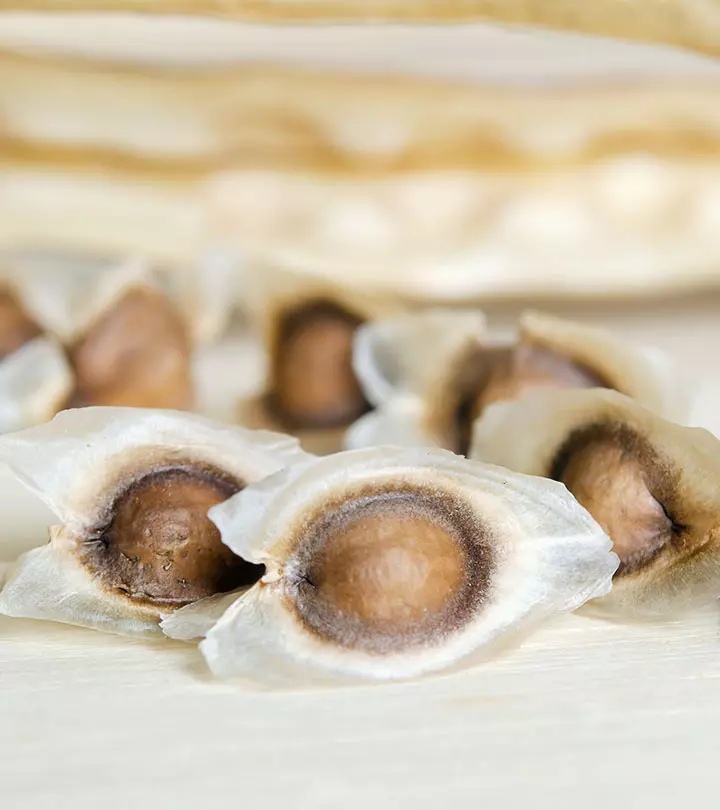

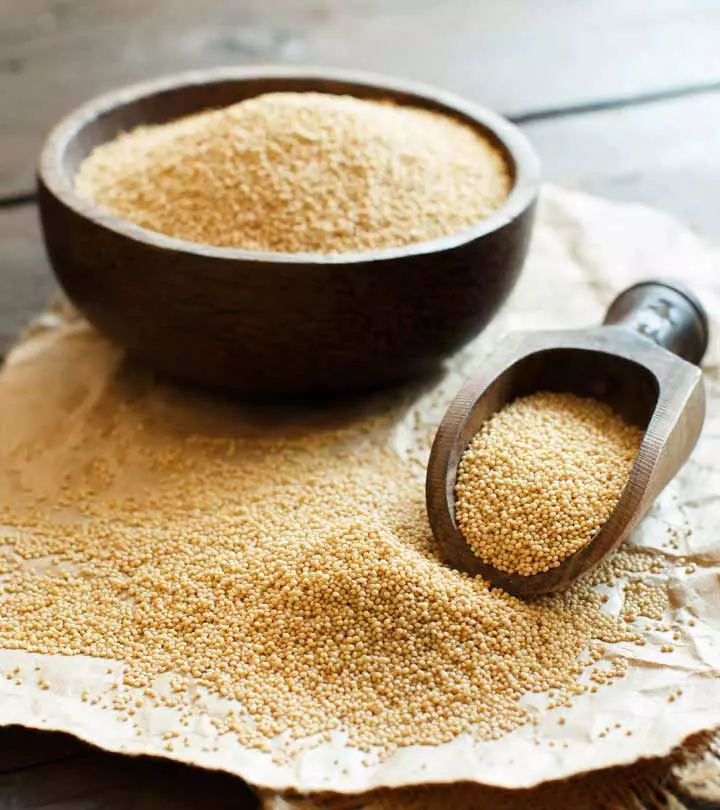
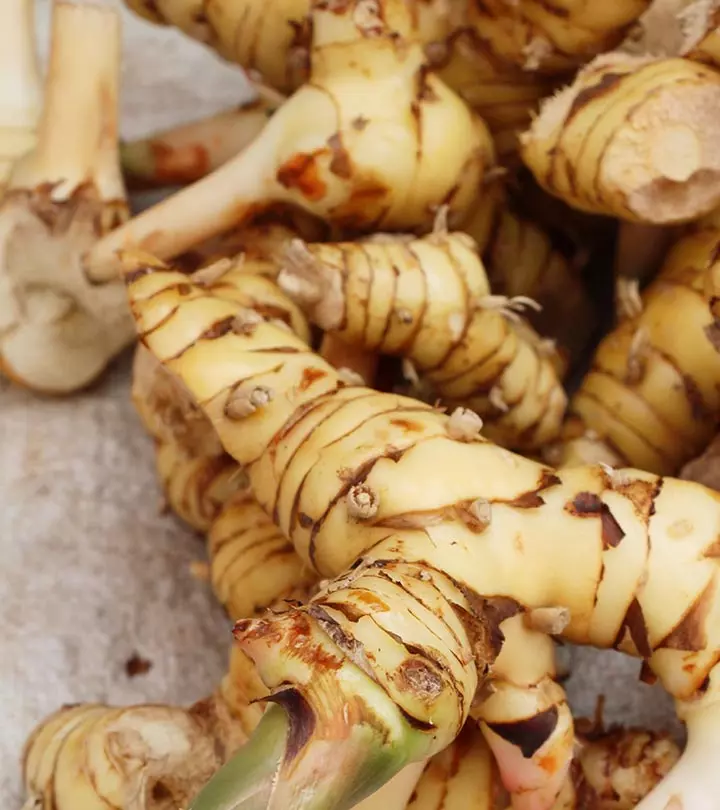
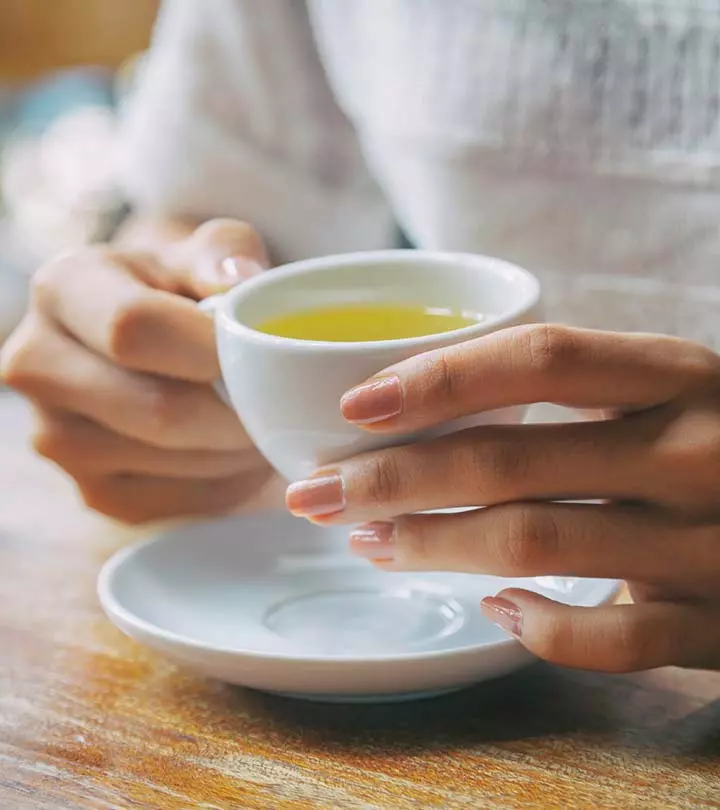
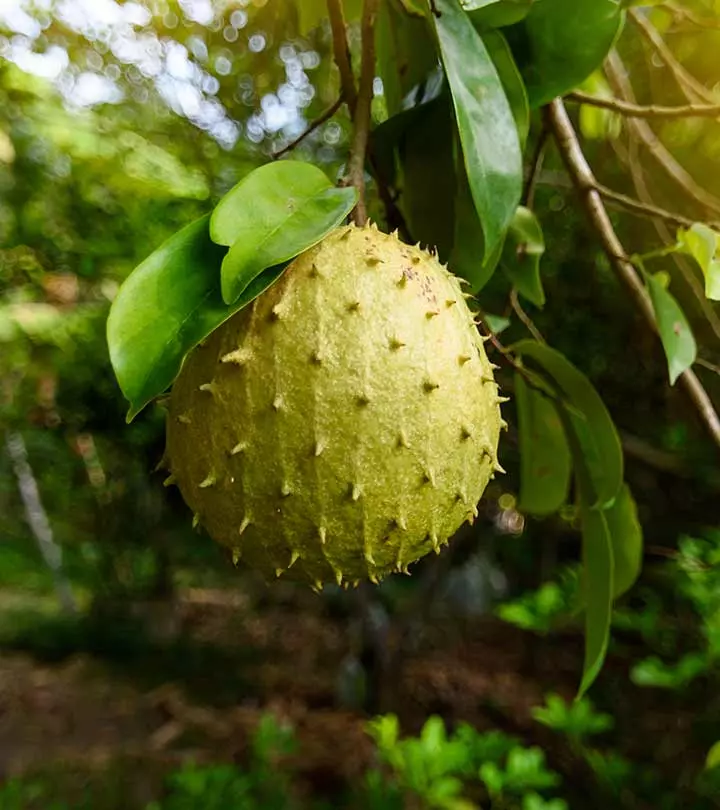
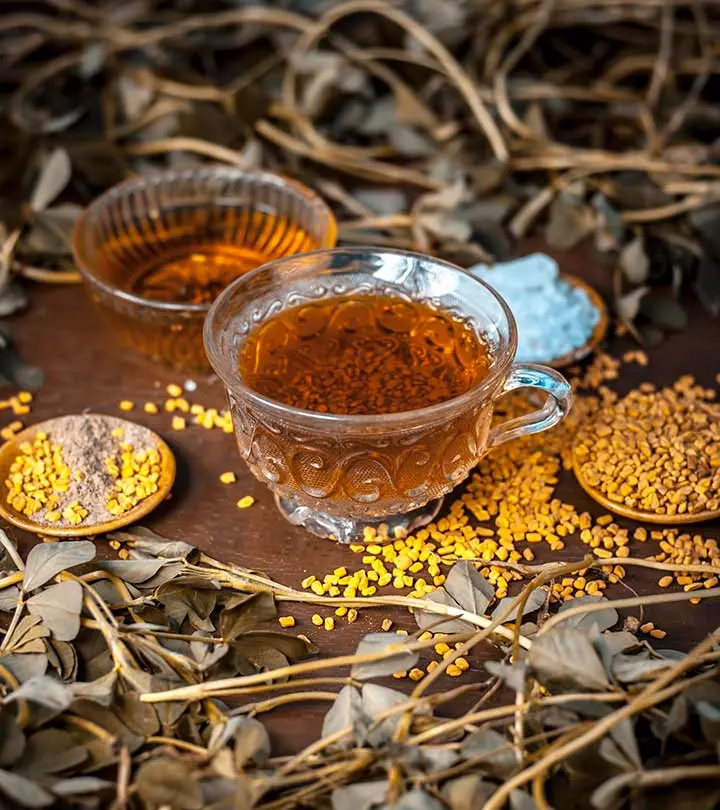
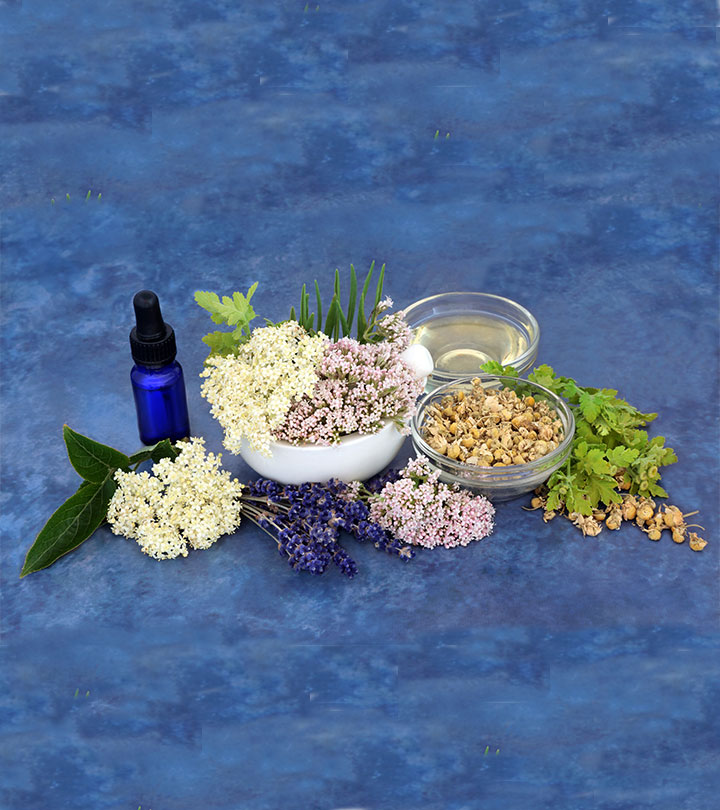

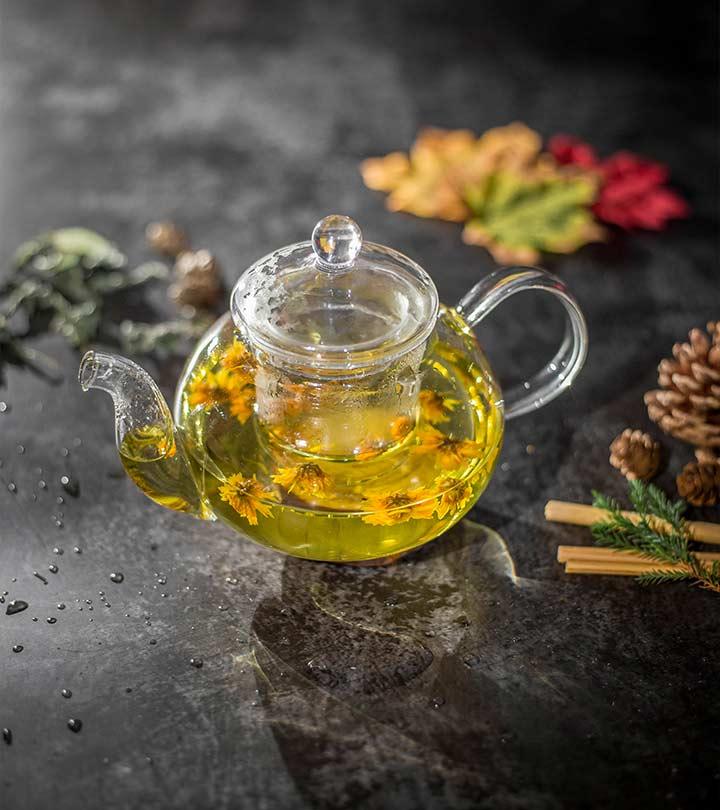
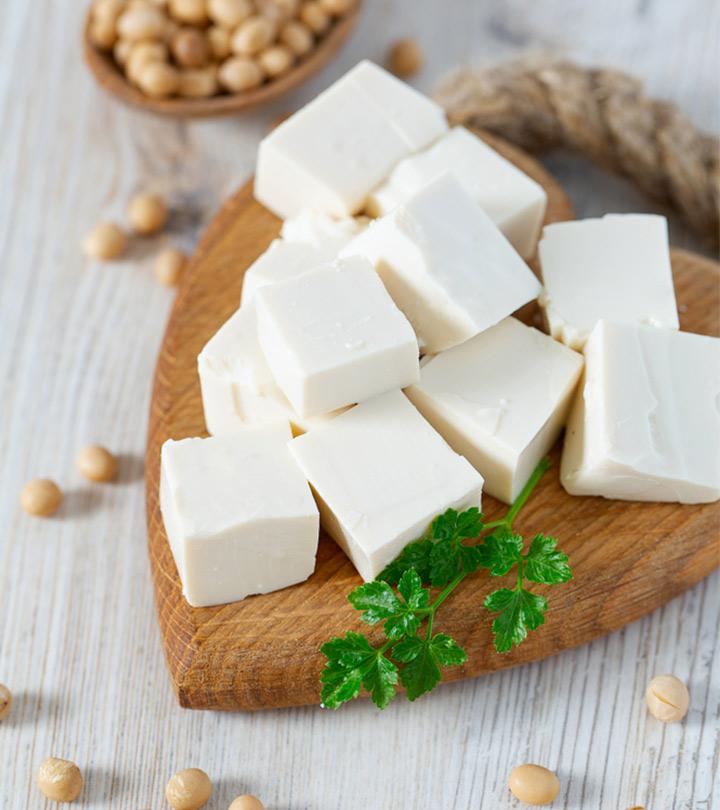

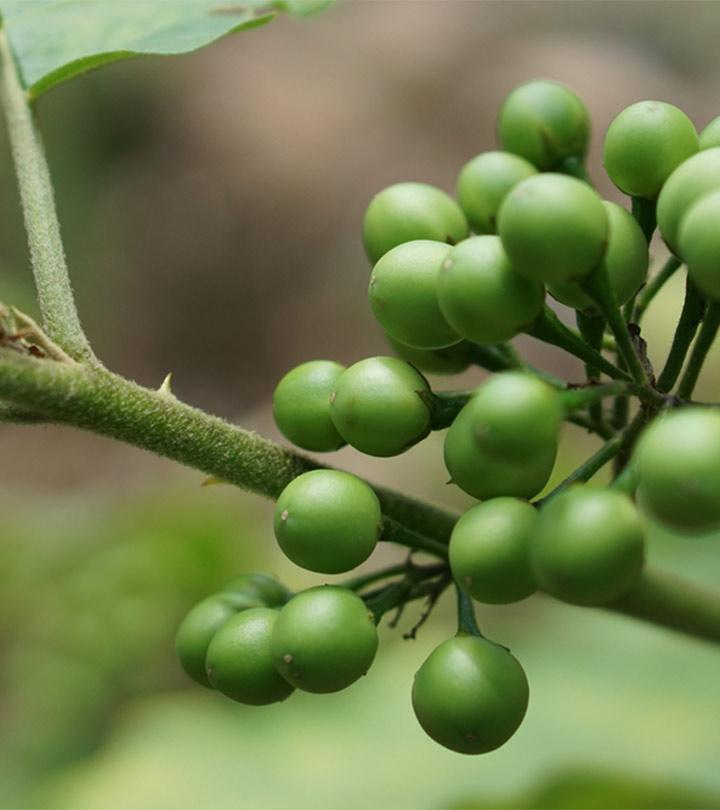
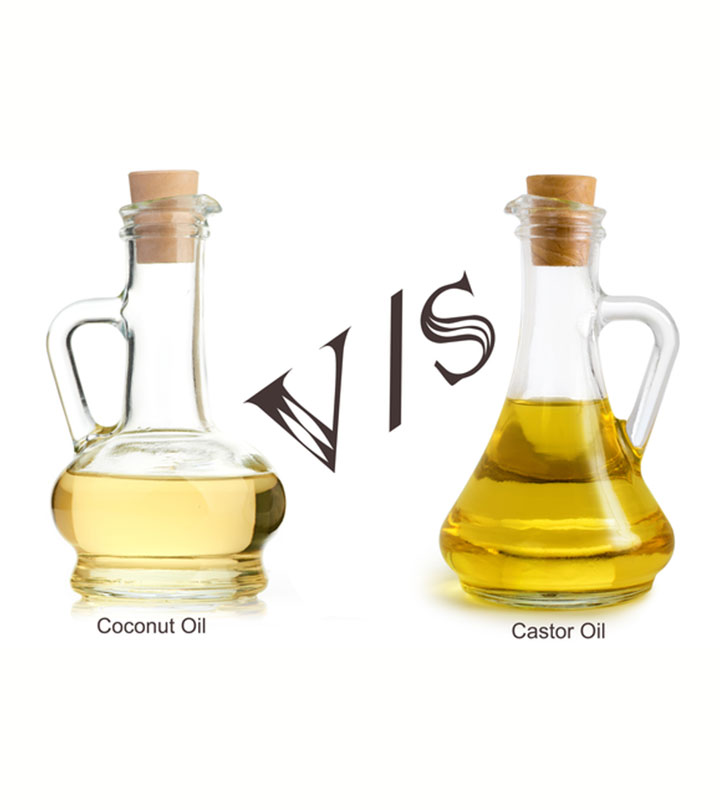

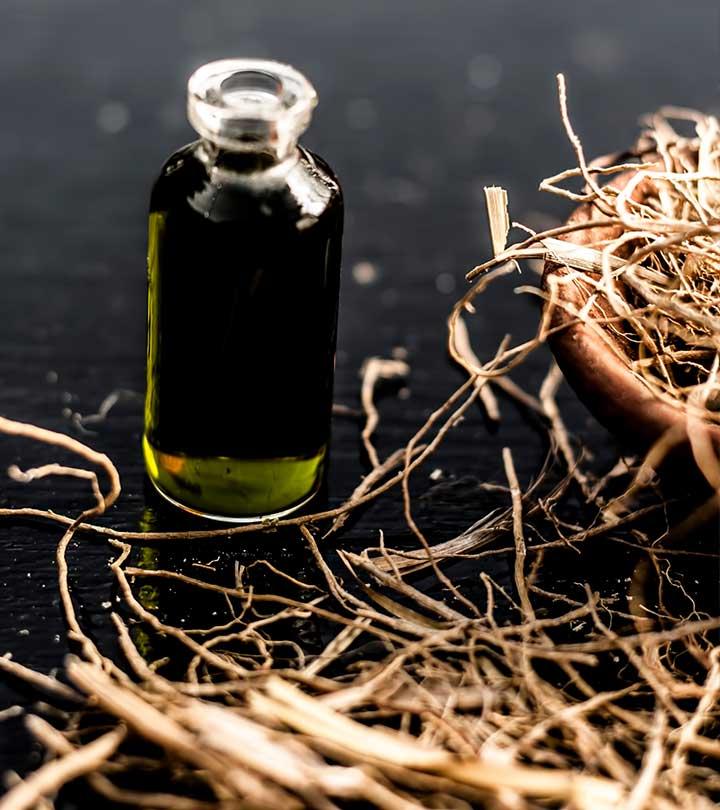
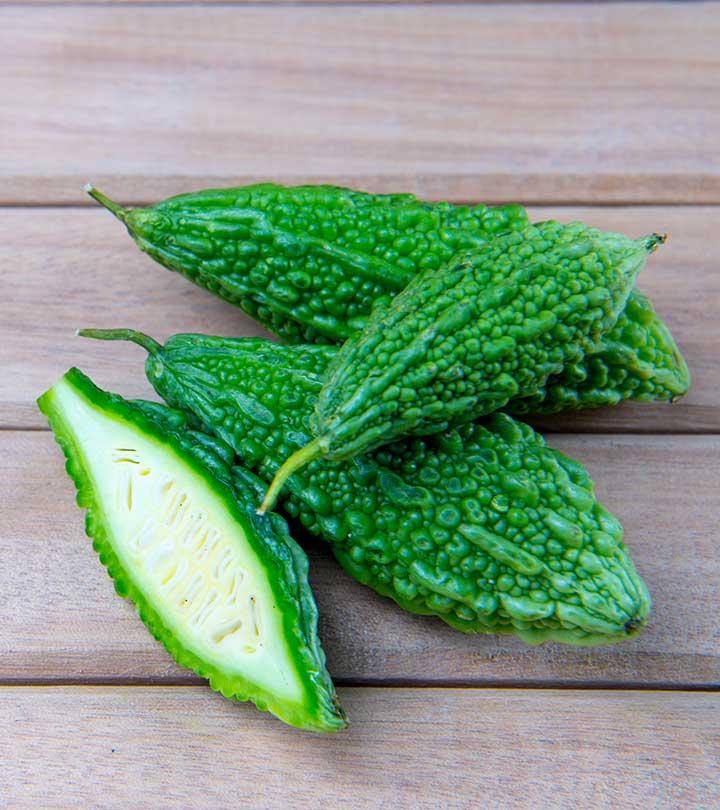
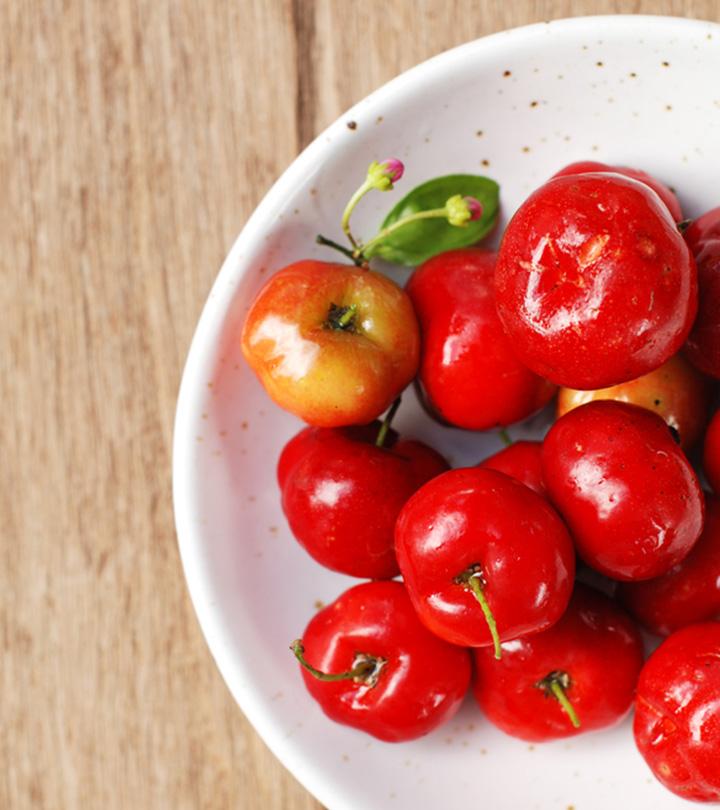

Community Experiences
Join the conversation and become a part of our empowering community! Share your stories, experiences, and insights to connect with other beauty, lifestyle, and health enthusiasts.